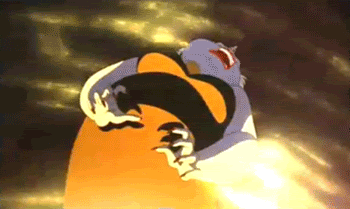A fascinating short audio clip from a former drone pilot talking about a few aspects of the day to day business of piloting drones in war zones.
http://www.bbc.co.uk/news/world-24522150[DOUBLEPOST=1381771954,1381771743][/DOUBLEPOST]One part of this made me think that our soldiers and others who fly drones are less involved and can more effectively be kept in the dark due to the way they are handled.
One pilot could be briefed enough to get the plane to the target, then they could switch out while the next takes the shot, then they could be switched out for the return journey. The first and last don't need to know there was a strike. The middle doesn't need to know where the strike was placed, they were just handed a plane already hanging above a target.
Unlike a fighter pilot who was involved from start to finish, there's no lead up to the strike that might cause them to question the validity of the strike.
http://www.bbc.co.uk/news/world-24522150[DOUBLEPOST=1381771954,1381771743][/DOUBLEPOST]One part of this made me think that our soldiers and others who fly drones are less involved and can more effectively be kept in the dark due to the way they are handled.
One pilot could be briefed enough to get the plane to the target, then they could switch out while the next takes the shot, then they could be switched out for the return journey. The first and last don't need to know there was a strike. The middle doesn't need to know where the strike was placed, they were just handed a plane already hanging above a target.
Unlike a fighter pilot who was involved from start to finish, there's no lead up to the strike that might cause them to question the validity of the strike.




